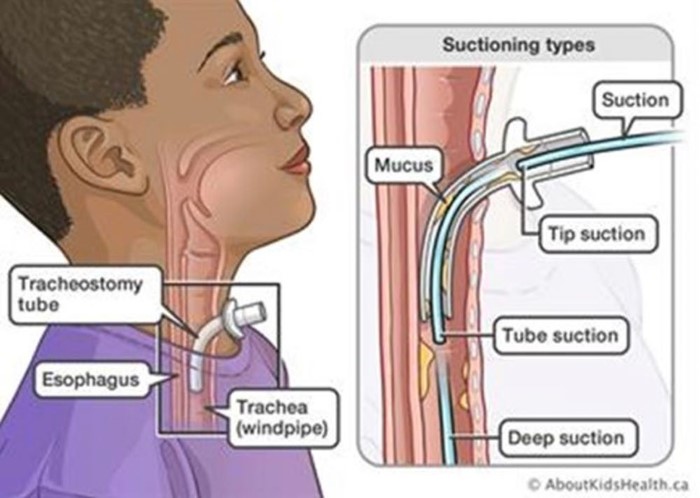The practical nurse (PN) is preparing a client for discharge who receives a prescription for oral prednisone to treat a severe allergic reaction. Which teaching about medication administration should the PN reinforce?
Take on an empty stomach.
Take before bedtime.
Take only as needed.
Take with food.
The Correct Answer is D
Taking oral prednisone with food helps to minimize gastrointestinal side effects such as stomach irritation and upset. Food acts as a protective barrier for the stomach lining, reducing the risk of irritation caused by the medication. Additionally, taking prednisone with food can help improve its absorption and distribution in the body.
The other options mentioned are incorrect:
A- "Take on an empty stomach": This is incorrect because taking prednisone on an empty stomach can increase the risk of gastrointestinal side effects. It is generally recommended to take prednisone with food to minimize these side effects.
B- "Take before bedtime": This is incorrect as there is no specific timing requirement for taking prednisone before bedtime. The timing of prednisone administration should be based on the individual's needs and the instructions provided by the healthcare provider.
C- "Take only as needed": This is incorrect because prednisone is typically prescribed with specific dosing instructions. It is important for the client to follow the prescribed dosing schedule and not take it "as needed" unless instructed otherwise by the healthcare provider.
Nursing Test Bank
Naxlex Comprehensive Predictor Exams
Related Questions
Correct Answer is C
Explanation
This question is related to the responsibilities and scope of practice of a practical nurse (PN) and a medication aide. A medication aide is a certified nursing assistant (CNA) who is responsible for administering daily medication to patients under the supervision of a licensed nurse, such as a PN or a registered nurse (RN). A PN is a licensed nurse who can provide routine care, observe patients’ health, assist doctors and RNs, and communicate instructions to patients regarding medication, home-based care, and preventative lifestyle changes.
Based on this information, the best action that the PN should take in this situation is c. Assign the remainder of medication administration to another PN who is performing treatments. This is because it would ensure that the medication administration is completed by another licensed nurse who has the knowledge, skills, and authority to do so. The PN who is performing treatments may have some spare time or be able to rearrange their schedule to accommodate the additional task. The PN should also communicate with the other PN and the medication aide about the situation and document the change of assignment in the patients’ records.
Option a is not a good choice, because it would be unfair and unethical to deny the medication aide’s request to leave if they are sick. The medication aide’s health and well-being are also important, and forcing them to stay and work could compromise their safety and the quality of care they provide to the patients.
Option b is not a good choice, because it would be outside the scope of practice of the UAPs to give medications to the patients. UAPs are not trained or certified to administer medications, and doing so could pose serious risks to the patients’ health and safety. The PN would also be liable for any errors or adverse outcomes that may result from the UAPs’ actions.
Option d is not a good choice, because it would not solve the problem of the medication administration being incomplete. Documenting why the medications were not given is important, but it is not enough to ensure that the patients receive their prescribed drugs and treatments. The PN still has the responsibility to find a way to complete the medication administration or delegate it to another qualified and available person.
Correct Answer is A
Explanation
- Seizure precautions are measures taken to protect a client who is at risk of having a seizure, which is a sudden and abnormal electrical activity in the brain that can cause changes in behavior, movement, sensation, or consciousness. Seizure precautions include providing a safe environment, monitoring the client's vital signs and neurological status, administering anticonvulsant medications, and documenting the onset, duration, and characteristics of any seizure activity.
- One of the potential complications of a seizure is aspiration, which is the inhalation of foreign material into the lungs, such as saliva, vomit, or food. Aspiration can cause choking, pneumonia, or respiratory distress. To prevent or treat aspiration, the practical nurse (PN) should ensure the ready availability of equipment to perform suctioning of the trachea, which is the tube that connects the mouth and nose to the lungs. Suctioning of the trachea involves inserting a catheter through the nose or mouth into the trachea and applying negative pressure to remove any secretions or debris from the airway.
- Therefore, option A is the correct answer, while options B, C, and D are incorrect.

Whether you are a student looking to ace your exams or a practicing nurse seeking to enhance your expertise , our nursing education contents will empower you with the confidence and competence to make a difference in the lives of patients and become a respected leader in the healthcare field.
Visit Naxlex, invest in your future and unlock endless possibilities with our unparalleled nursing education contents today
Report Wrong Answer on the Current Question
Do you disagree with the answer? If yes, what is your expected answer? Explain.
Kindly be descriptive with the issue you are facing.
